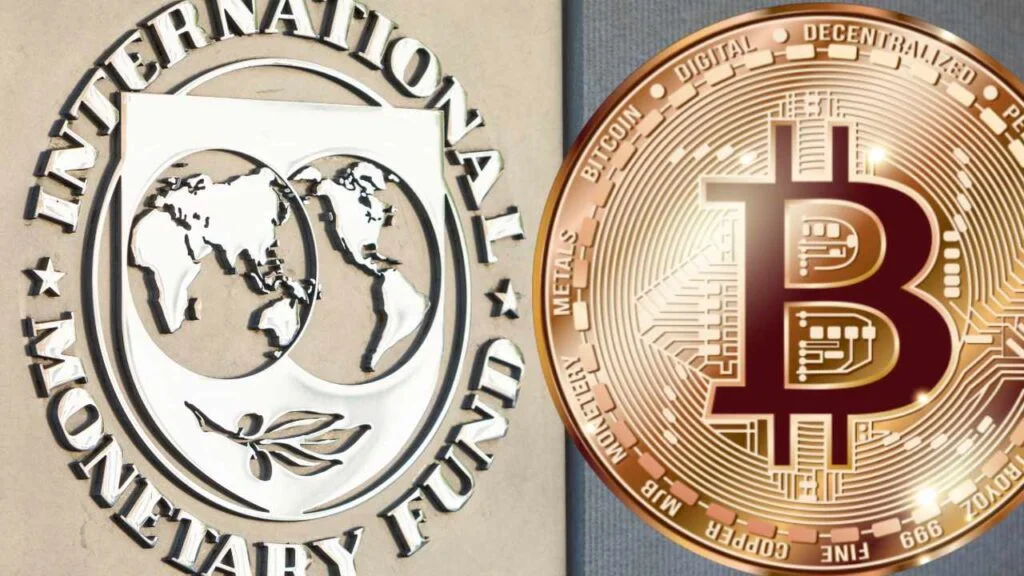According to the IMF, the further integration of crypto and the Asian equity markets could endanger the stability of financial systems. It makes reference to the possibility of increasing spillover between the two markets as a result of the growing volatility correlation between Bitcoin and stock.

The International Monetary Fund (IMF) issued a thorough blog article on Sunday, August 21, outlining how cryptocurrency prices have been edging closer to Asian equities markets and why this may be cause for concern.
Asian investors invested heavily in the cryptocurrency industry during the massive bull run that occurred between 2020 and 2021. Retail and institutional investors from Thailand, Vietnam, and parts of India are included in this. As a result, cryptocurrencies have demonstrated a better level of integration into Asia’s established financial systems.
According to IMF, cryptocurrency was mostly protected from the financial system before the outbreak. Bitcoin and other cryptocurrencies did not pose any significant stability threats to the financial system because of their low correlation to Asian equities. The IMF did observe that during the past two years, the situation has altered.
The popularity of cryptocurrency trading increased as a result of the region’s easy access to low-cost borrowing, drawing in millions of traders. The 2021 cryptocurrency bull run saw significant participation from Asian investors, increasing the market cap of cryptocurrencies to reach $3 trillion.
The IMF expresses worry that although the financial system has historically remained immune to cryptocurrencies, this may no longer be the case in the future. It says there’s a good probability the virus will spread from cryptocurrencies to conventional financial markets. IMF continues:
Large losses on crypto may drive these investors to rebalance their portfolios, possibly causing financial-market volatility or even default on traditional liabilities.
Asian stocks’ volatility is correlated with that of cryptocurrency
The IMF points out that before the epidemic, there was little association between Bitcoin’s returns and volatility and the Asian share market. But since 2020, they have greatly grown. View the IMF chart below to better understand this correlation.
As can be observed, after the epidemic, the return correlation between Bitcoin and the equities market increased by 10x. This suggests that crypto may benefit from minimal risk diversification. The volatility correlations have also increased three times, which suggests a potential risk sentiment spillover into the equity and cryptocurrency markets.
The IMF notes that there may be a number of factors contributing to the stronger connections between Asian equities markets and cryptocurrencies. Along with increased use by institutional and retail players, platforms and investment vehicles for cryptocurrencies are also becoming more popular, and OTC markets for cryptocurrencies are expanding. The IMF claims:
Using the spillover methodology developed in our January Global Financial Stability Note, we also find that the rise in crypto-equity correlations in Asia has been accompanied by a sharp rise in crypto-equity volatility spillovers in India, Vietnam, and Thailand. This indicates a growing interconnectedness between the two asset classes that permits the transmission of shocks that can impact financial markets.
As the use of digital assets increases in Asia, investors may become more aware of the hazards associated with cryptocurrencies. The governments of India, Vietnam, and Thailand have recently implemented new regulations, which are applauded by the IMF.
